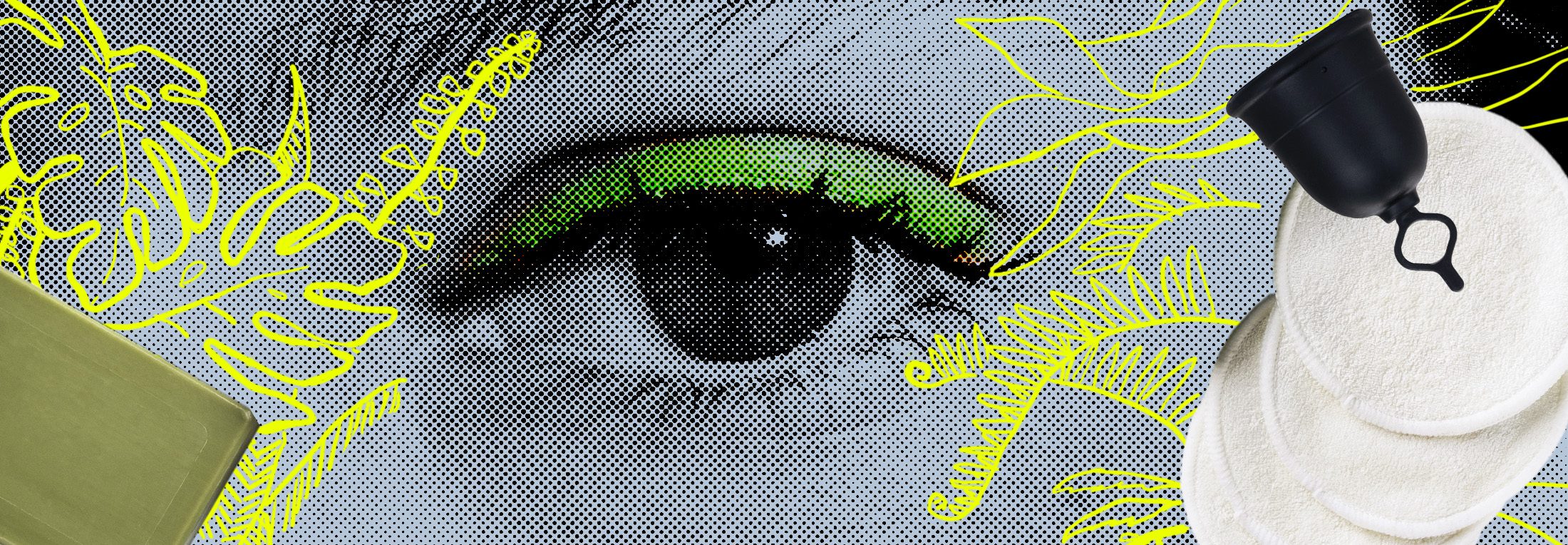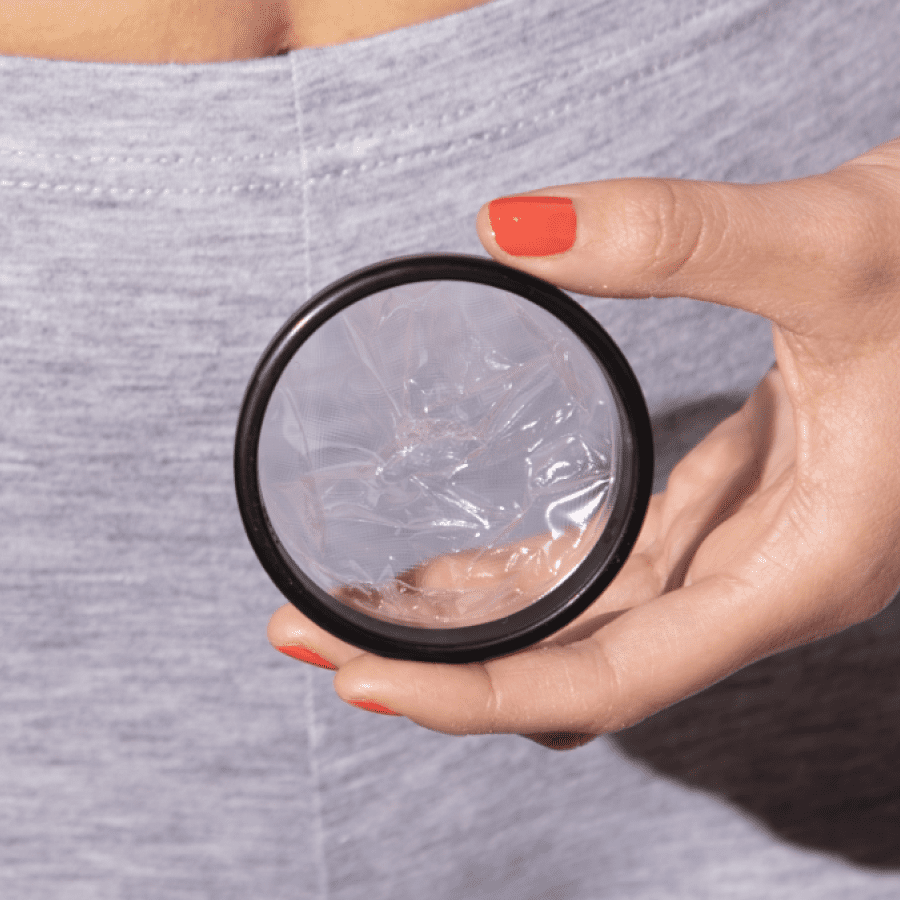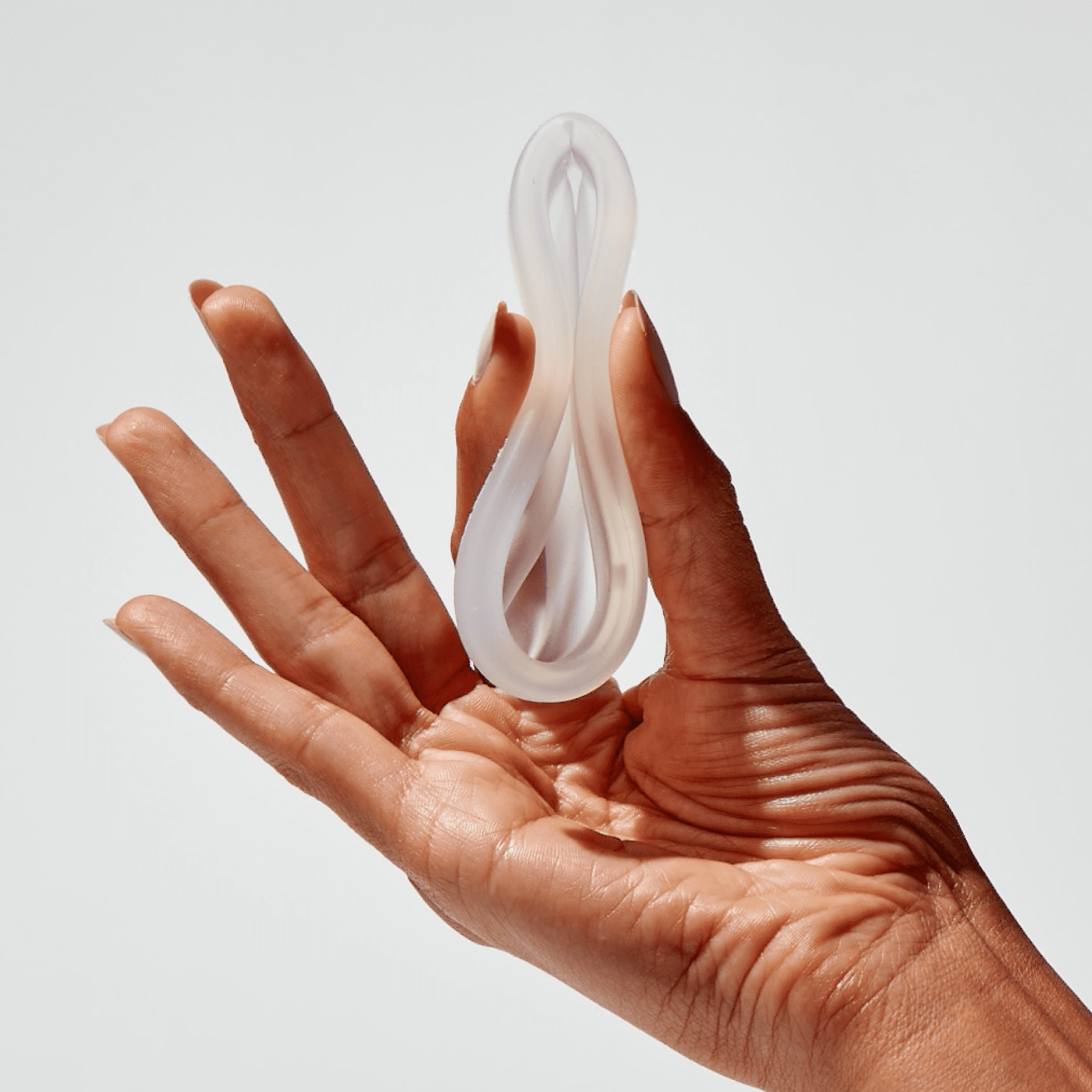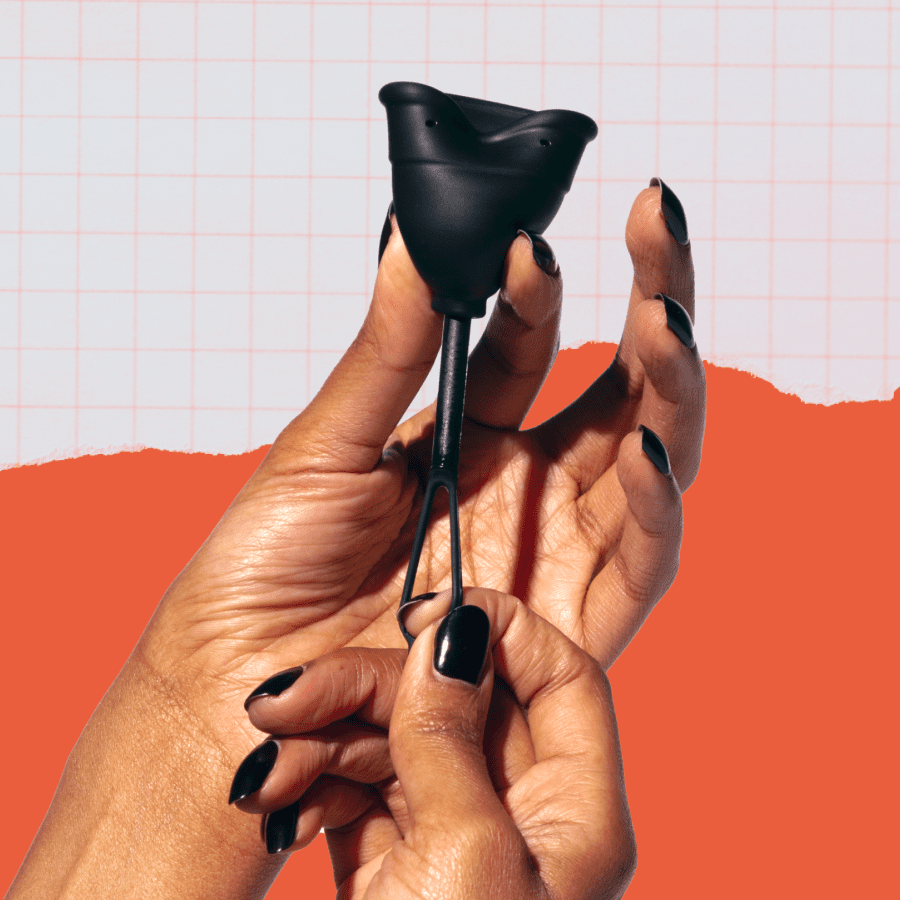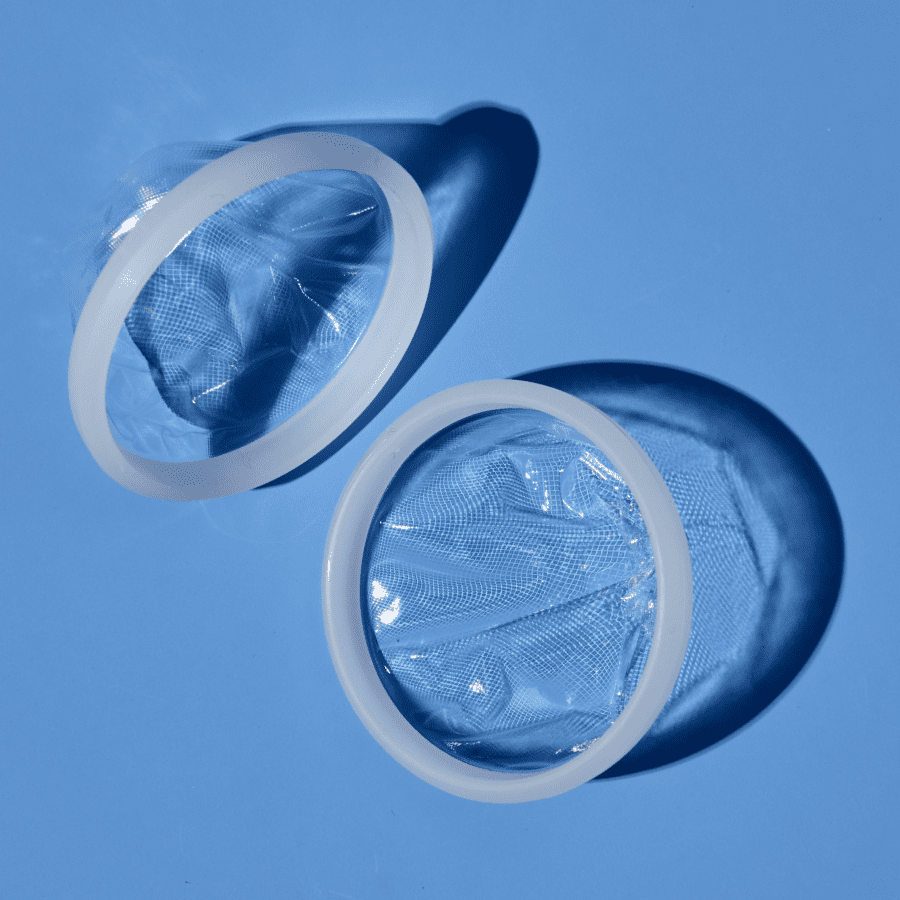Sustainable swaps for a healthier planet: Beauty & personal hygiene
Simple ways to clean up your bathroom act
Most of us are doing our best to make better choices for the environment…we avoid plastic cutlery, choose reusable bags, cloth napkins, and reusable water bottles. We shop locally from the farmer’s market, and go for energy efficient washing machines and other appliances. Of course, the jars and tubs lining our shower shelves or bathroom cabinets are no exception.
But let’s be real: it’s shockingly easy for those plastic bottles to start piling up. If you’re looking for a few simple ways to streamline your routine and make it more sustainable to boot, look no further—we’re going to get into the crème de la crème of eco-friendly beauty and hygiene swaps.
The plastic problem
Recycling used to be touted as the cure-all to our plastic problem. However, according to the Environmental Protection Agency, just 8.7% of plastic was actually recycled in 2018…so it might be time for a refresher on why it matters.
Yes, it’s a complicated issue that goes beyond individual responsibility—but the environmental impact of plastic on the planet is undeniable. For starters, it never really degrades, just breaks down into microplastics.
Microplastics are tiny pieces of plastic that can end up in our food and damage humans, animals, and the environment. And they’re not a localized issue: in a 2018 UK study examining coastal water, 100% of mussel samples contained microplastics.1
Unfortunately, with personal care products, the problem doesn’t end with plastic bottles. Many of the most commonly used ingredients can harm the planet—and they’re not great for us, either.
All of which is to say, it’s worth a little effort and time to think twice about the beauty and hygiene products we choose to stuff our overflowing bathroom drawers with; our choices can make a difference.
So—ready to get sudsy, sustainably?
The 4 Rs: Options for reducing our impact
A National Geographic article dubbed the U.S. “the king of trash,” as we produce 250 million tons annually. Woof. But what to do?
Well, you may already be familiar with the three Rs: reduce, reuse, and recycle. Now we’ve got a few new Rs to keep in mind—refill and refuse.
If you’re wondering how to reduce waste, consider purchasing things that will last you a while, like a soap you can dilute, or products designed to cut down on packaging, like bar shampoos.
On the reuse front, you might think about keeping empty containers to fill with something else—that face cream jar could make an excellent cotton pad holder.
Lots of brands are making refilling easier, too, offering larger quantities of, say, your favorite body wash without all the extra packaging, so you can top up a smaller bottle as needed.
Becoming more thoughtful about our purchases can also mean refusing single-use plastics or products that we might not need—we love a sheet mask as much as the next person, but you probably already look great.
A zero-waste philosophy embraces, well…creating zero waste (it’s pretty self-explanatory). Adapting to a zero-waste mentality may seem challenging, but it’s something worth striving for, even if it just means you remember to bring your reusable thermos to the coffee shop next time.2
We may not all be able to fit a year’s worth of trash in a single mason jar, but we can try to avoid the average human stat of generating 4.5 pounds of trash per day.
10 sustainable swaps for a healthier planet
So, let’s get on to those better-for-the-planet swaps that can help lighten our impact…!
1. Makeup pads
The problem: Disposable cotton pads and wipes can contain chemicals that damage water systems, and cotton itself requires a lot of water to produce. Every bag of disposable cotton rounds you buy is just trash in the making—the pads and the plastic bag they come in.
The swap: Make the switch to The Wasteless Shop’s Reusable Facial Rounds. After using, store your pad in the plastic-free mesh bag they come in and simply toss it in with your laundry when it’s time to wash.
2. Deodorant
The problem: The petroleum-based chemicals that make perfumes and deodorants smell good actually contribute to air pollution, a 2018 study found.3
The swap: Deodorant without a plastic tube is excellent, and a tube you can refill is even better! Wild Deodorant comes in an aluminum case, and once you finish your first stick, the refills come in compostable packaging. Plus, their Pride case donates a portion of proceeds to the Switchboard LGBT+ Helpline.
3. Period products
The problem: Global Citizen reports that each year, 12 billion pads and 7 billion tampons are thrown out in the US alone. Because tampons and pads usually contain non-compostable materials and plastic, they take 500-800 years to break down into microplastics.
The swap: At Flex®, we believe in earth-friendly periods. We carry three unique discs. The first, our original Flex Disc, creates 60% less waste than traditional period products. Our plant-based Flex Plant+ Disc can help reduce your carbon footprint. Then, Flex Reusable Disc is a zero-waste product that lasts for years!
Last but not least, with its patented pull-tab, the Flex Menstrual Cup works more or less like a tampon without the same environmental cost and it can save you hundreds over the lifetime of the cup.
4. Shampoo and conditioner
The problem: Something to keep in mind with hair care is whether or not your products contain sulfates or parabens. Sulfates are used to make products foamy, but they’re harmful to ocean life. Parabens are a preservative found in many cosmetics, but one 2015 study found parabens in the tissue of marine animals.4
The swap: Many sustainable products avoid sulfates and parabens—and some are even plastic-free, too. Shampoo and conditioner bars deliver the same cleaning power in a highly-concentrated form; Ethique, a 100% plastic-free brand, says each bar is equivalent to 8 bottles. The packaging is compostable, and they have different bundles to fit your specific hair-care needs, from curly care to extra volume.
5. Dental hygiene
The problem: If someone uses 6 bottles of toothpaste a year, they go through 480 bottles by the time they’re 80.
The swap: Bite reimagined dental care by creating Toothpaste Bits, mint-sized bites that you put on your toothbrush and use to brush your teeth—and they come in a refillable glass jar, too. They also make compostable Bamboo Toothbrushes, so you can skip plastic entirely. And before you toss your old brush, consider keeping it on hand to clean your keyboard.
6. Handsoap
The problem: Pump action soap bottles are hard to recycle, which leads to more plastic in landfills, more microplastics in the ocean, and…well, you get the picture at this point.
The swap: Try a bar soap, or at least bottles designed for easy refilling. We like Grove Co. Foaming Handsoap, which comes in an aluminum bottle with three refills. Pro tip: many health food stores and co-ops have soap re-fill stations, where all you have to do is bring your bottle.
7. Showerheads
The problem: A long hot shower feels amazing, but it pumps out water like nobody’s business.
The swap: Low-flow showerheads can cut your water usage by almost half, keeping more water in our ecosystems—and they can take a large chunk off your monthly water bill, too. Remember, low-flow doesn’t mean low-pressure: check out waterpik’s EcoFlow showerheads for a sustainable and cost-effective option.
8. Lotion
The problem: Plastic is a common culprit here; lotion bottles are exceptionally difficult to recycle because the lotion itself is so hard to remove—containers need to be completely clean before recycling.
The swap: Reap all the hydrating benefits with a lotion that’s better for the ocean. Lumi makes vegan, completely plastic-free packaging lotion bars; one bar equals three bottles of lotion!
9. Razors
The problem: Disposable plastic razors end up in landfills—also, we’re not huge fans of the aggressively different colors and razors for different genders.
The swap: Shoreline shaving’s Reusable Safety Razor offers a clean shave and a cleaner planet. The razor boasts zero waste, is 100% plastic-free, and is suitable for all skin types.
10. Skincare
The problem: From toxic ingredients that harm the ecosystem to tiny plastic bottles that are hard to recycle, skincare and sustainability don’t usually mesh.
The swap: Thankfully, Plastic Free Pursuit’s UpCircle has all of your skincare needs covered—and the environment’s, too. Even the adhesive is biodegradable.
And just for fun… biodegradable glitter is a real thing (because sometimes you just need a little *sparkle*).
Key takeaways
- Find products that you can refill
- Look for products with plastic-free, recyclable, or biodegradable packaging
- Think about purchasing products that will last a long time
- Refuse plastics whenever you can
- Avoid ingredients like parabens, palm oil, and sulfates
- Try out DIY recipes for masks, scrubs, and more
- Adopt these earth day swaps all year long for a better planet for the generations to come
This article is informational only and is not offered as medical advice, nor does it substitute for a consultation with your physician. If you have any gynecological/medical concerns or conditions, please consult your physician.
© 2021 The Flex Company. All Rights Reserved.
- Li, J., Green, C., Reynolds, A., Shi, H., & Rotchell, J. M. (2018). Microplastics in mussels sampled from coastal waters and supermarkets in the United Kingdom. Environmental Pollution, 241, 35-44. https://doi.org/10.1016/j.envpol.2018.05.038[↩]
- How zero-waste people make only a jar of trash a year. (2018, May 18). National Geographic. https://www.nationalgeographic.com/science/article/zero-waste-families-plastic-culture[↩]
- Volatile chemical products emerging as largest petrochemical source of urban organic emissions. (2018, February 16). Science. https://www.science.org/doi/10.1126/science.aaq0524[↩]
- Parabens and their byproducts found in dolphins and other marine mammals. (2015, October 14). ScienceDaily. https://www.sciencedaily.com/releases/2015/10/151014121105.htm[↩]
